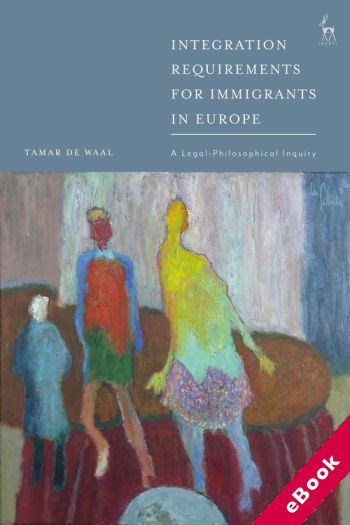
The device(s) you use to access the eBook content must be authorized with an Adobe ID before you download the product otherwise it will fail to register correctly.
For further information see https://www.wildy.com/ebook-formats
Once the order is confirmed an automated e-mail will be sent to you to allow you to download the eBook.
All eBooks are supplied firm sale and cannot be returned. If you believe there is a fault with your eBook then contact us on ebooks@wildy.com and we will help in resolving the issue. This does not affect your statutory rights.
Based on legal-philosophical research informed by insights gleaned from empirical case studies, this book sets out three central claims about integration requirements as conditions for attaining increased rights (i.e. family migration, permanent residency and citizenship) in Europe:
The book draws on perspectives on immigrant integration in multiple EU Member States and includes legal and political reactions to the refugee/migrant crisis.